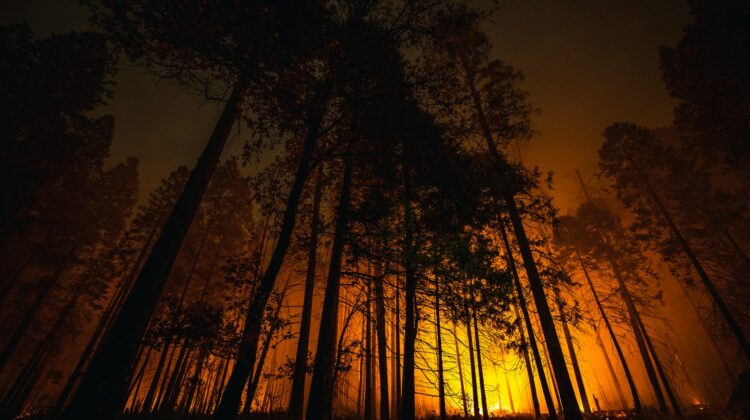
With wildfire frequency, size and intensity growing annually, effective wildfire management is imperative.
This month the B.C. Centre for Innovation and Clean Energy (CICE) is launching Canada’s first call for innovation focused on wildfire technologies.
Up to $3 million in non-dilutive investment will be awarded to innovators across British Columbia that are commercializing technology at scale in prevention solutions, mitigation technologies, and adaptation innovations.
“The BC Wildfire Service is committed to research and innovation within all phases of emergency management,” said Aaron Pawlick, Manager of Strategic Initiatives and Innovation with the BC Wildfire Service. “Innovation is essential as fire seasons become longer and more intense. We look forward to what BC innovators have to offer.”
Canada’s forests store 30-40% of the world’s land-based carbon, playing a critical role in carbon sequestration and climate mitigation. In 2023, 18.4 million hectares of the country’s forests burned, exceeding the 10-year average by 6.5 times. These wildfires emitted 2.3 gigatonnes (Gt) of carbon dioxide, over three times the total emissions from Canada’s economy.
“In Canada and globally, surges in destructive wildfires are fueling global emissions and threatening the safety, well-being, and prosperity of communities,” said Sarah Goodman, Chief Executive Officer at CICE.
“Just this week, thousands evacuated their homes across multiple provinces, underscoring the mounting risk faced by Canadians as wildfires intensify.”
“By drawing upon our hard-earned insights, we can integrate our expertise in clean technology with our knowledge of wildfire and land management to deliver the solutions the world urgently needs, addressing growing global demand for wildfire technology innovations,” Goodman continued.
Applications for the wildfire technology innovation call will be accepted until August 7th, 2024.
CICE will prioritize solutions that have significant co-benefits such as integrating carbon sequestration and removal initiatives, promoting ecosystem restoration and biodiversity conservation, empowering Indigenous fire stewardship practices, and enhancing community resilience and socio-economic benefits through wildfire management efforts.


